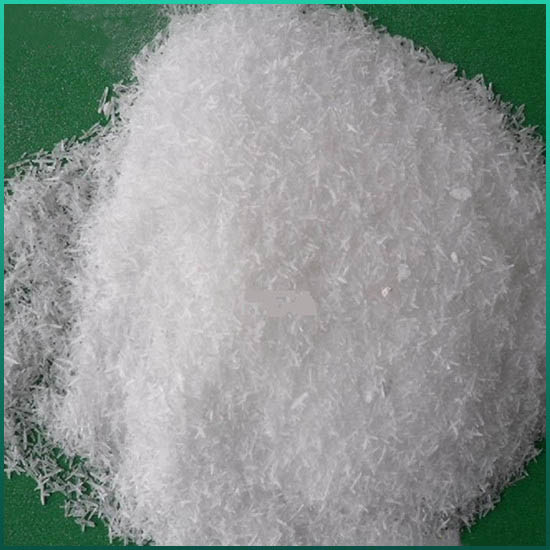Key information about sodium cyclamate
2024-03-19
Sodium cyclamate is a sweetening agent that is used as a sugar substitute. It is an artificial sweetener, often used in various food and beverage products as a low-calorie alternative to sugar. Here's some key information about sodium cyclamate:
1. Chemical Composition: Sodium cyclamate is a sodium salt of cyclamic acid. Chemically, it is known as sodium cyclohexanesulfamate.
2. Sweetness: Sodium cyclamate is approximately 30 to 50 times sweeter than sucrose (table sugar). Due to its high sweetness potency, only small amounts are needed to achieve the desired level of sweetness in foods and beverages.
3. Usage: Sodium cyclamate is commonly used in a wide range of products such as soft drinks, desserts, candies, jams, and pharmaceuticals. It is also used in combination with other artificial sweeteners like saccharin to enhance sweetness and mask any potential aftertaste.
4. Stability: Sodium cyclamate is stable under a wide range of pH conditions and temperatures, making it suitable for use in various food processing and cooking applications.
5. Regulation: The use of sodium cyclamate as a food additive is regulated by food safety authorities in different countries. In the United States, the Food and Drug Administration (FDA) has banned the use of sodium cyclamate as a sweetener since 1969 due to concerns about its potential carcinogenicity. However, it is permitted for use in many other countries, including the European Union, Australia, and Canada, where it is considered safe within established acceptable daily intake (ADI) levels.
6. Safety: The safety of sodium cyclamate has been the subject of debate and research over the years. While some studies have suggested potential health risks associated with its consumption, including concerns about bladder cancer in animal studies, other research has found no conclusive evidence of harmful effects when consumed within recommended limits. Nevertheless, regulatory agencies continue to monitor its safety and set appropriate limits for its use in food products.
7. Alternatives: Due to regulatory restrictions and consumer preferences, manufacturers often use other artificial sweeteners such as aspartame, sucralose, and stevia as alternatives to sodium cyclamate in products marketed in regions where its use is restricted or banned.
It's important to note that individuals with specific health conditions or dietary restrictions should consult with healthcare professionals before consuming products containing sodium cyclamate or other artificial sweeteners.



